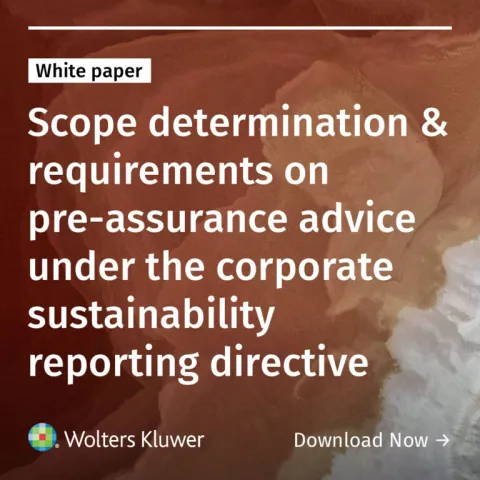German Bar Association thinks complaint against Unified Patent Court is not admissible
January 12, 2018
The constitutional complaint which was filed last year against German ratification of the Unified Patent Court Agreement, has been shrouded in secrecy. The complaint has not been published, nor the observations about the case, which the German Federal Constitutional Court (FCC) requested from goverment and a series of other organizations. Professor Winfried Tilmann gave his personal view on this blog and two days ago, the German Bar Association published its findings (co-authored by Tilmann) as well. Dr Alex Robinson, associate at Dehns, wrote an article about the developments, which Kluwer IP Law is happy to republish here as a guest post.
By Alex Robinson
Following the surprise submission last year of a "constitutional complaint" against German participation in the Unified Patent Court system, ratification of the UPC Agreement was put on hold.
The Federal Constitutional Court invited observations from a large number of third-parties representing German lawyers, government and industry, and set a 31 December deadline. The German Bar Association (Deutscher Anwaltverein, "DAV") has been first off the blocks to make public its own set of observations, which can be read (in German) here (I have made a machine translation into English available here).

Submissions from other parties are widely expected to take a similar line, though some variation in reasoning and level of detail might be expected.
Following the receipt of these submissions, it now falls to the Court to make a decision on admissibility. Nothing is yet known about the timetable, but a decision during the first half of this year is expected by many.
If the Constitutional Court agrees with the DAV that the complaint is inadmissible, there may - just - be time for the UPC Agreement to enter into force by the end of 2018, subject to German and British ratification (the question of whether the UK will ratify the UPCA - and whether it can continue to participate after Brexit - is another story...).
One irony which hasn't escaped me in this saga: the author of the complaint is widely-understood to be a German lawyer named Ingve Stjerna, who has been a longstanding critic of the UPCA and the legislative process leading up to it. In particular, he has previously criticised the European-level negotations for a lack of transparency. Despite this, the text of his complaint to the Court has not been made public, and on his website he appears to take issue even with the limited summaries that have been made available by those who've seen it - which hardly seems a consistent attitude, bearing in mind his stance on the UPCA, nor with the fact that an alleged constitutional violation is surely a matter of considerable public interest. Whatever the outcome of the case, the publication of the DAV's response is therefore to be welcomed for shedding more light on the substance of the complaint.
This article was published earlier on ‘Inspired Thinking, the weblog of Dehns Patent and Trade Mark Attorneys
For regular updates on the Unitary Patent and the Unified Patent Court, subscribe to this blog and the free Kluwer IP Law Newsletter.
You may also like














Anonymous
The Deutscher Anwaltverein is not identical to German Bar Association, but is a separate special interest group of German attorneys at law.